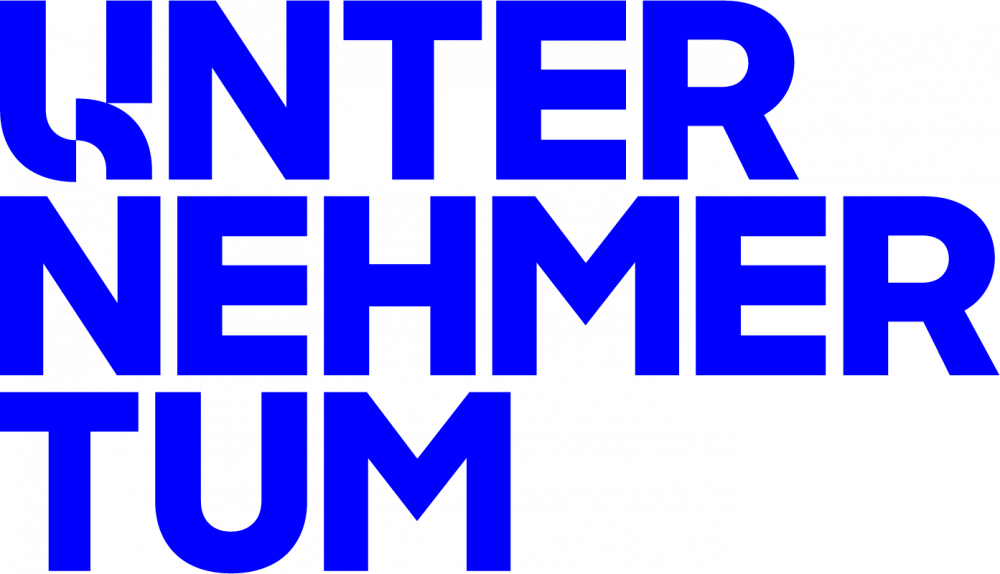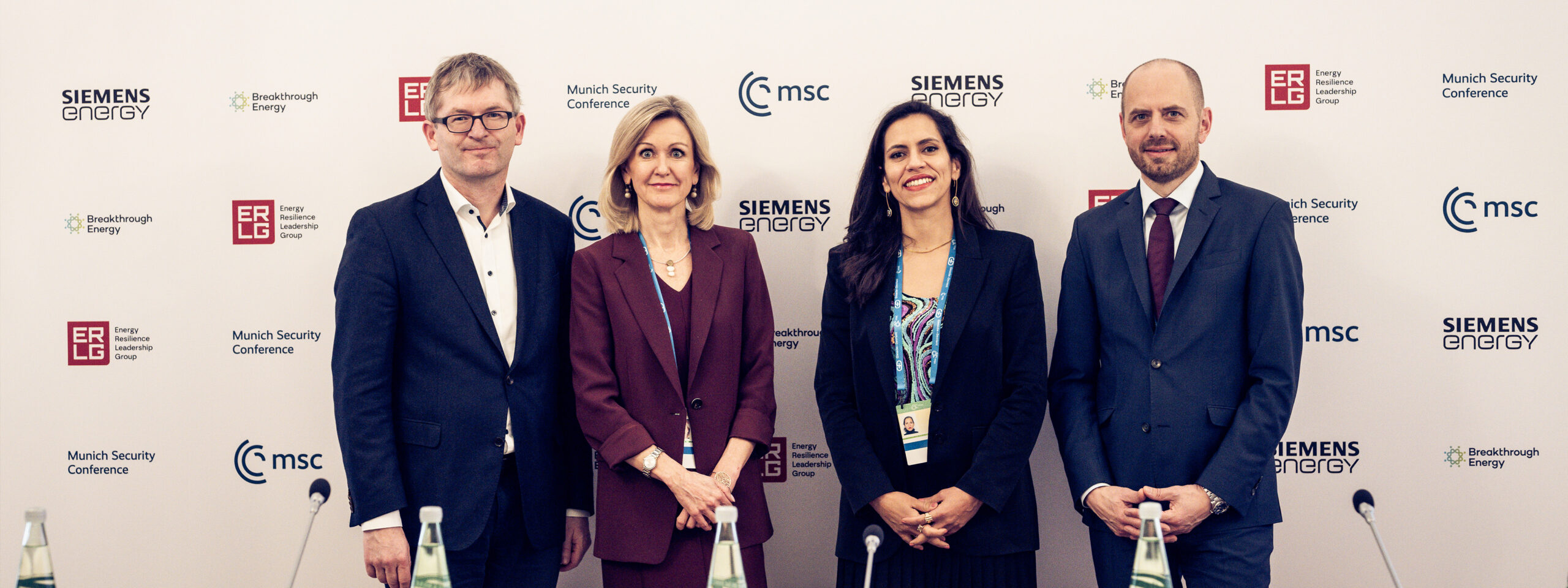
The ERLG is a multi-stakeholder initiative that unites corporate CEOs, political leaders, financial institutions, and tech scaleups.
Led by Breakthrough Energy, Siemens Energy, the BMW Foundation Herbert Quandt, and UnternehmerTUM, it's all about action, not just talk. In two years, the ERLG has launched over a dozen projects to replace natural gas with clean technologies in industry, power, and buildings. These projects have attracted tens of millions of Euros in investments, boosting Europe's energy resilience and climate goals.
Energy Resilience Leadership Group: Born Out of Crisis, Pathway to the Future
Following Russia’s war on Ukraine and the resulting energy crisis in Europe, there was an urgent need to replace natural gas with clean technologies in industry, power and heating – the sectors that were hit hardest.
Speed was of the essence. At the Munich Security Conference 2023, the ERLG, a 'coalition of the willing', was born. The ERLG showcased solutions and gathered key players - startups, industry leaders, policymakers, and financial institutions. Their goal: accelerate the deployment of clean technologies. The prize: energy security, climate impact, and industrial competitiveness. This triple win seemed within reach, driven by a shared determination to avoid over-reliance on any single energy source or country.
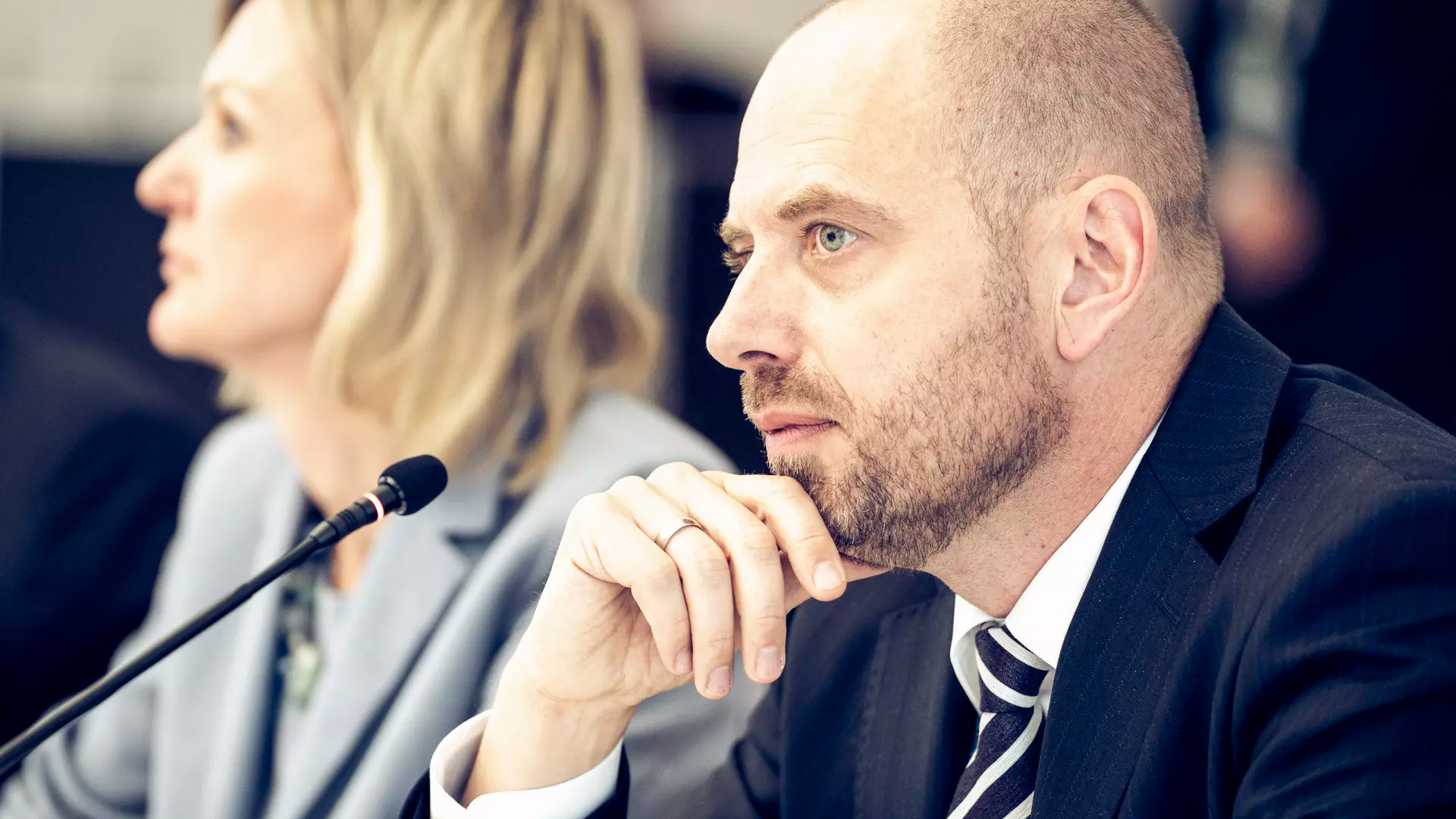
However, two years later – and now three years after Russia’s invasion of Ukraine – Europe’s energy resilience remains fragile. Despite claims that Europe successfully decoupled itself from Russian fossil fuels, the reality is more complex. The mild winters of 2022-2024 helped prevent supply crises, but colder temperatures this year have pushed gas prices to a two-year high. European gas reserves have fallen below 50%, and in early 2025 alone, the EU imported a record 837,300 metric tons of Russian LNG. Meanwhile, Europe also continues to import re-labeled Russian oil via third countries at a premium.
Beyond immediate energy concerns – but inextricably linked to them – Europe is now also facing an industrial competitiveness crisis. High energy costs, taxes, and regulatory burdens have led to a 17.1% decline in industrial production since 2017, with a further 3.1% drop over the past year. As capital and industries migrate to more competitive markets, the EU risks long-term economic decline unless urgent action is taken.
But while the EU has promoted renewables and heat pumps, there was no initiative to systematically move industrial consumers away from gas — leaving a critical gap in energy resilience. That is precisely where the ERLG has focused its efforts. By facilitating clean technology projects that directly reduce gas consumption in industry, buildings, and power, the ERLG has provided a blueprint for effective industrial policy. These technologies, developed at the intersection of large corporates and innovative cleantech startups, have already attracted significant investments.
Now, it is time for policymakers to scale the ERLG’s ecosystem approach to clean technologies that has proven so successful by making it part and parcel of the EU’s forthcoming Clean Industrial Deal.
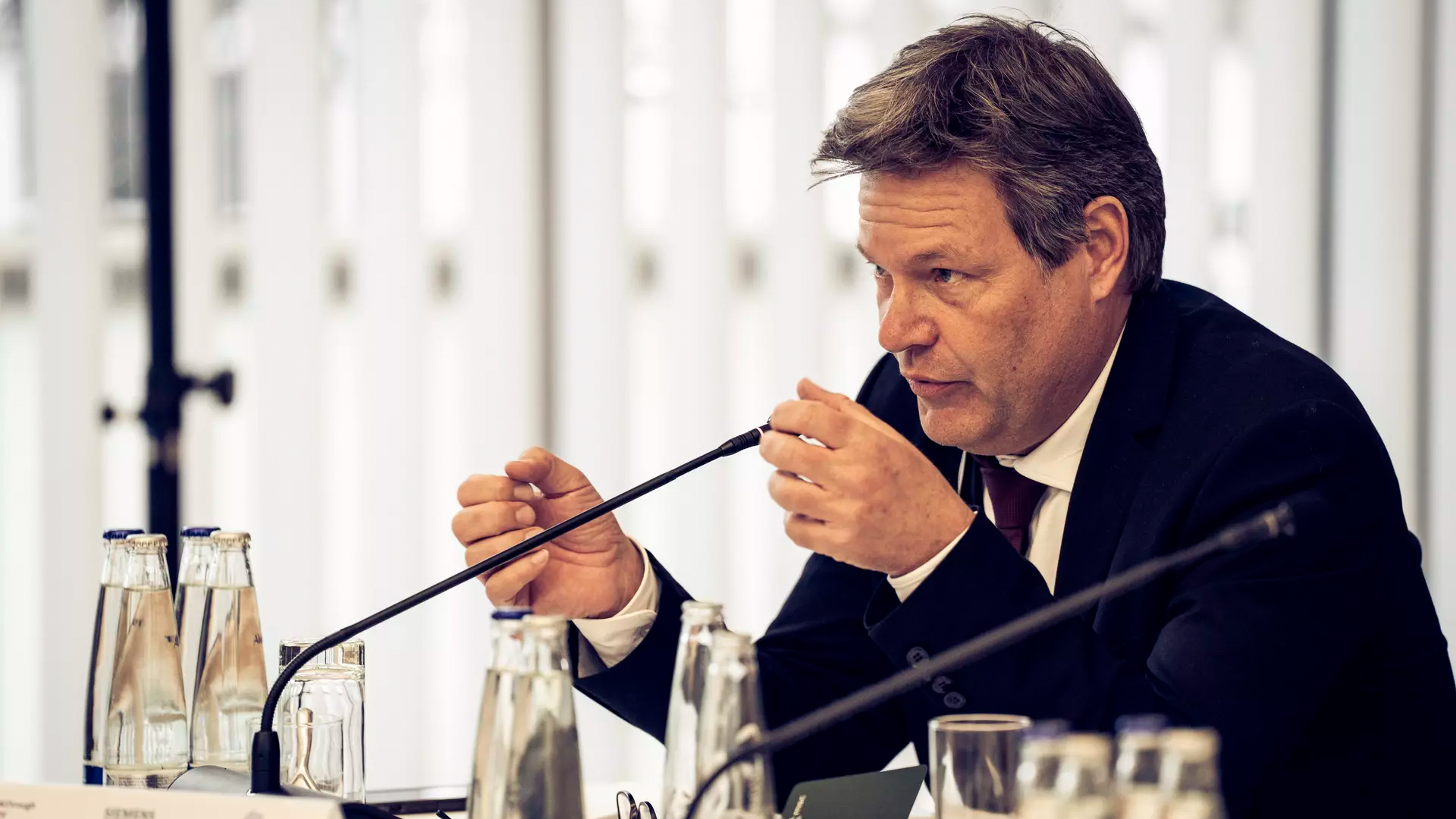
Two Years of ERLG: What Europe Must Adopt
1. From Talk to Action: Project-Driven Impact
The ERLG has facilitated numerous successful partnerships and investments that showcase a new approach to accelerating the deployment of clean technologies in Europe, reducing dependencies and strengthening its industrial base. Examples include:
- Rondo Energy, Breakthrough Energy Catalyst, the European Commission, and the European Investment Bank announced €75 million in funding to support three industrial decarbonization projects in Europe, including a heat storage-as-a-service contract with Covestro.
- TURN2X inaugurated its first commercial plant in Miajadas, Spain, producing renewable natural gas by combining green hydrogen with biogenic CO2. This technology enables Europe to leverage existing gas infrastructure while reducing dependence on fossil fuels. TURN2X has since been able to partner with ENGIE for an industrial-scale facility.
- Malta Inc. and BBVA signed a strategic partnership to develop innovative financial solutions supporting first-of-a-kind energy storage projects in the Iberian Peninsula. This collaboration emerged from ERLG’s efforts to connect cleantech startups with major financial institutions.
- Reverion will deploy a 1MW reversible, C02-negative power plant at a biogas plant in Pfaffenhofen, Germany, to supply hydrogen and power, balance the grid, and support industrial customers with 10GWh/yr green hydrogen.
2. A Coalition of the Willing: Leadership Beyond Policy
ERLG members don’t just advocate for change – they drive it. ERLG members are corporate and scaleup CEOs that participate in the initiative by means of an active project, ensuring real commitment to building Europe’s energy resilience and competitiveness, while calling for a strong political strategy.
3. Building the Ecosystem Europe Needs
The ERLG unites those ready to scale cleantech solutions. It fosters high-level dialogue and action, engaging industry and scaleup CEOs, heads of state, and key stakeholders. Past participants include European Commission President Ursula von der Leyen, Executive Vice President Maroš Šefčovič, Bill Gates, and more. By connecting decision-makers from industry, policy, and finance, the ERLG highlights challenges, showcases solutions, and drives policy change to boost Europe’s energy security and industrial competitiveness.
4. Anticipation and Vision
A comprehensive industrial strategy needs the EU to be proactive and anticipatory. The ERLG brings together informed voices from various sectors, providing early insights on key risks and opportunities. It was the first European initiative to link energy security with clean technology leadership. The ERLG warned about undersea pipeline threats before any attacks occurred, predicted the energy crisis' impact on industry, and emphasized the importance of homegrown manufacturing for energy resilience. Such interdisciplinary groups are crucial for improving Europe’s early warning systems and decision-making.
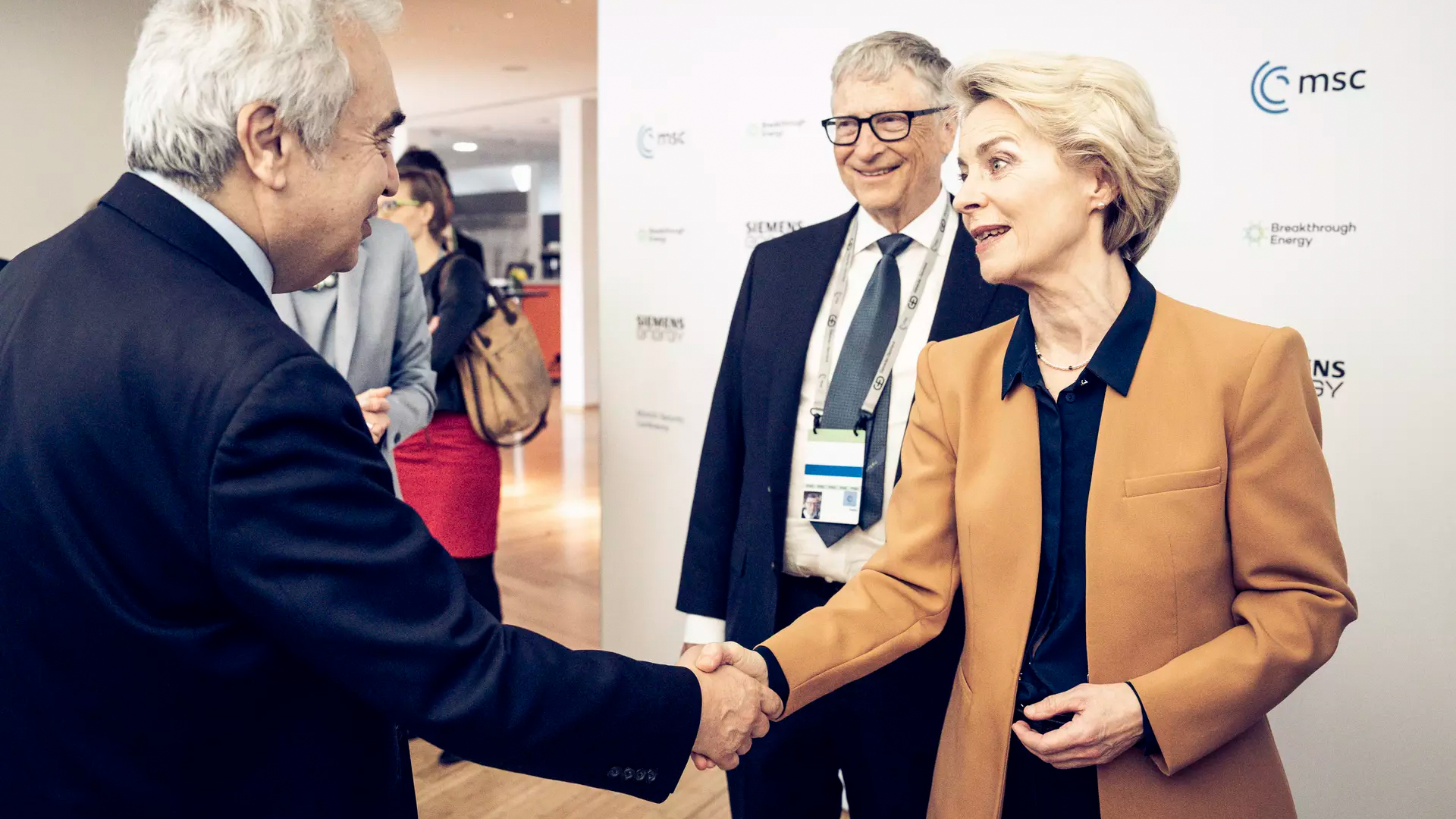
Looking Ahead: Building European Energy Resilience One Project at a Time
With a new political cycle underway in Europe, energy resilience remains a pressing challenge. While initiatives like the European Competitiveness Compass and the Clean Industrial Deal signal a shift in policy focus, progress has been slow, and Europe remains too vulnerable to external energy shocks. Despite investments in renewables, Europe needs a more balanced energy mix to ensure long-term energy security for the benefit of its society at large.
By accelerating scalable solutions like synthetic fuels, thermal energy storage, and industrial electrification, the ERLG has created a blueprint for a resilient, competitive economy. Moving forward, governments must build on these efforts, remove investment barriers, and scale these technologies to ensure Europe reclaims its leadership in clean energy and industrial innovation.
February 14th, 2025

